What Attracts Mice
You Can Attract Mice To Your House!
This list contains the 10 worst domestic temptations as well as their remedies.
Photo credit: Shutterstock/Roger Wissmann So, you're against having mice make your house their new safe haven? Be part of the movement. You might be inviting mice into your home. It happens all the time. It is possible to prevent infestations from occurring if your knowledge of the factors that attract mice into your home is not sufficient.
Here's a list of 10 favorite homewreckers' items, along with simple solutions to keeping them away from your things.
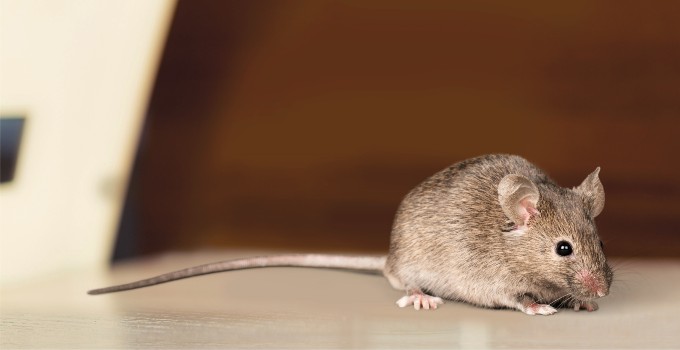
#1 Cereal
Cereal is the most loved food by mice. What is their favorite cereal? Grains, like oats and wheat. Because they are able to hold on to them and eat cereal bits like corn on a cob.
There's a fix. Mice can be lured in by plastic bags and cardboard boxes. Transfer your rice, cereals oats or popcorn to airtight containers. You can also use repurposed pickle or canned jars with tight fitting lids. Also, empty the pantry. Are those little bits of crumbs still there? This is what draws mice.

#6 Insulation
You can attract mice by the pink fluffy material that keeps your body warm. You can expect mice to dig into your attic, walls and basement insulation, which is made of fiberglass.
How to fix it: Mice are able to crawl between sagging insulation. Listen for wall crackles in the voids of walls if your insulation is concealed behind drywall. Mice are most likely to be active at night. These are the best places to find information about mice and their love of predator-free environments. Find out How to get rid of mice in walls. If you have areas of exposed insulation in a crawl space, basement, or attic, check it periodically for nests and burrows. If you discover evidence of mice, get rid of it before the situation gets worse.
Tomcat(r) Mouse Killer Child & Dog Resistant, Disposable Station is a pre-filled bait station that's easy to use – and kills up to 12 mice* with a single bait block. *
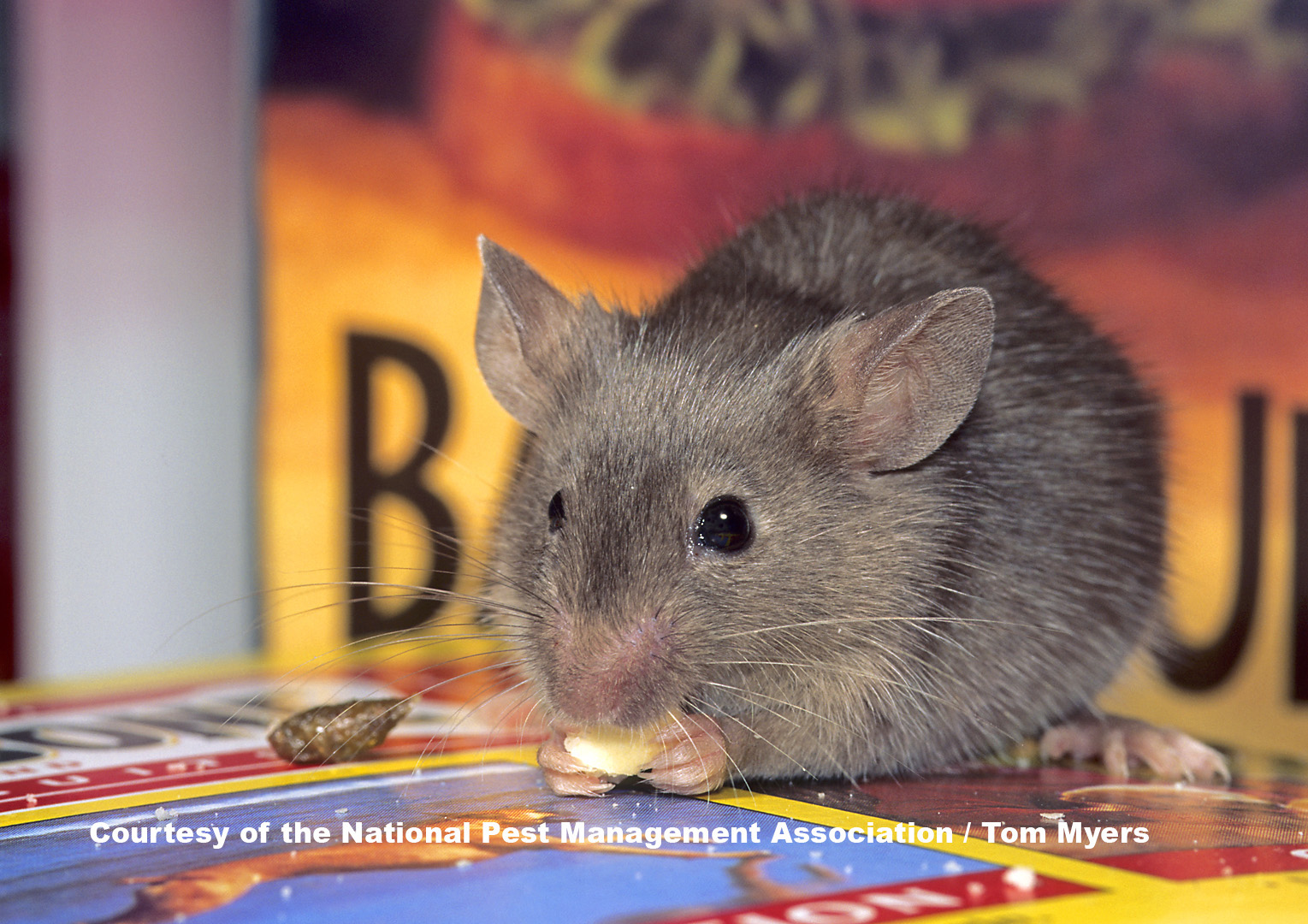
#7 Water
Although mice get most their water from food and drink it, there is no denying that H2O makes mice more attractive.
This is how to fix it. Put away your dog's water bowl at night. You don't want to leave a sink full half-rinsed containers or cups. It's not a good idea.
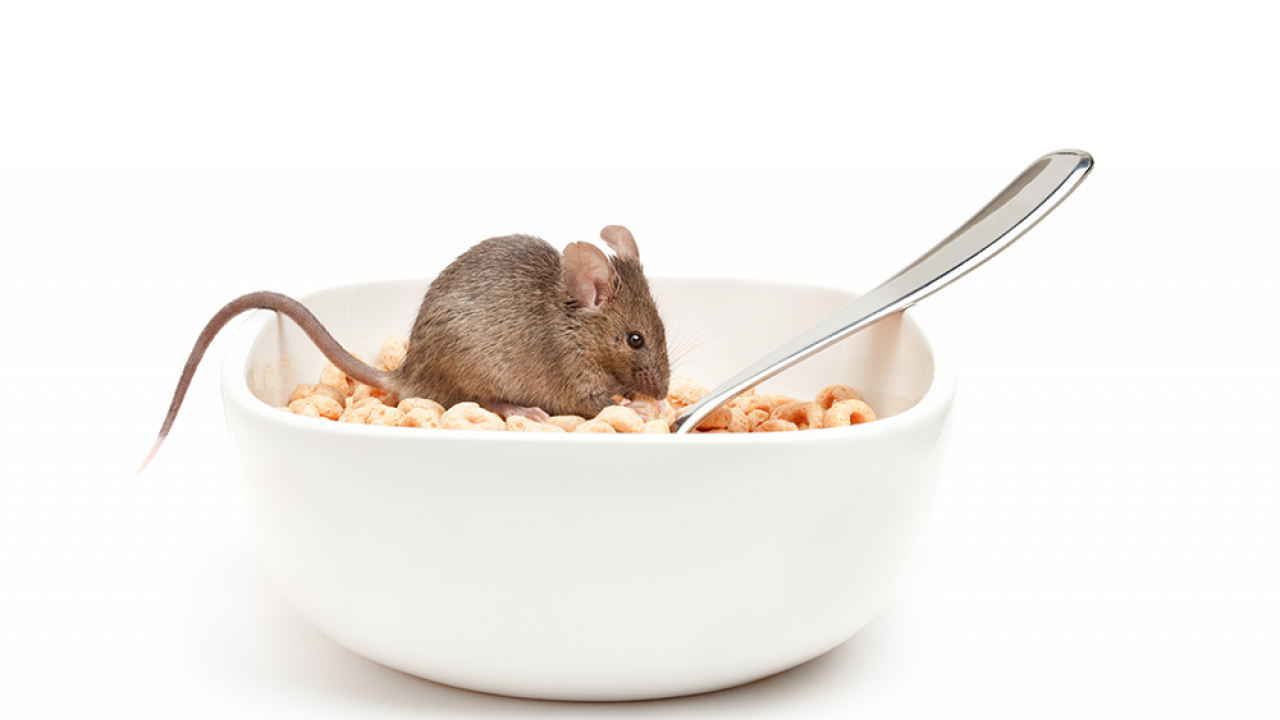
#8 Gaps, Cracks, & Crevices
When it comes to what attracts mice, a tiny opening in your warm home, one no bigger than the size of a dime, is like sticking out a neon "vacancy" sign for shelter-seeking mice.
Solution: Darken or dim each room. Look for places where light shines through. Particular attention should be paid to doors and windows. Fix larger holes with sheet metal or plug them with metal wire meshing. Expandable foam and caulk can be used to close gaps. Install door sweeps on windows and doors to prevent them from moving. Appliance vent seals should be checked and repaired or replaced if necessary.

#10 Trees, Bushes & Ivy
Because mice are jumpers and climbers, branches and limbs provide a bridge that allows them to move from the outside into comfort indoors.
Fix: Make it difficult for mice to access your home if there's less than 2 feet of clearance. Use Tomcat(r) Rodent Repellent Granules to deter mice from your house or garage.
Knowing what draws mice into your home will help you make adjustments to keep them away. You can rest easier knowing that the only food you will find in your snack drawer is your late-night favorite.

How to Keep Mice from Your Manassas House or Business
It is difficult to discourage mice from coming into your business or home. It is important to understand what they are attracted to so that you can get rid of them. The following are tips for protecting your Manassas-based building against a mouse infestation
Maintain a short lawn.
Clean up yard debris, including fallen branches and leaf litter.
You should keep wood piles out of your structure.
Reduce or eliminate landscaping that provides hiding places for mice.
Don't leave your pet food out.
Clean up bird feeders.
/questions-and-answers-about-mice-2656489_v4-687348a28ee84895b74c2885a440a40a.png)
Blog
Everyone who has ever been in a bed where you are unable or unwilling to rest because there is squeaking or scratching from the wall or ceiling near your bed knows what that feeling feels like. It's rare that you find rodent activity or mouse droppings in your bedding. Mice and rats are far more likely to hang around your kitchen or your pets' food and water bowls than in your bedroom, and they'll almost certainly opt for building a nest in your walls over where you sleep. You won't find them cuddling up in your bed if they avoid humans and are very shy.
Even though mice are not common in bedrooms, you can prevent them from getting into your room.
Seal off any holes you may have in walls. You should seal any cracks that mice might be able to get through.
Stop snacking in bed. If mice get out of bed, it is because they seek food and water. Don't let them find it in your room.
To make sure they don’t nest, keep your room clean.
Instruct your cat that he or she can sleep in the same room as you. The smell of cats is so strong that they are perceived as prey by mice, which makes them more likely to avoid such pets.
Even those who keep their snacks to the kitchen, homeowners should be aware of the dangers that mice pose to their health. You need to learn more about them, how they are attracted to your home and the risks to you and your family. The most frequent question homeowners get is "Can mice climb up walls?"
Why do rats and mice flock to homes?
Many homeowners find evidence that rodents live or breed in their attics, garages or homes. They wonder what lures them and what they should do to stop it.
Here are some reasons rodents may enter your house:
If you haven’t cleaned your house in some time, it is likely that the mice are attracted to these areas. Mice will be attracted to places where food has been left on the stovetop or counter, and people don't clean up after themselves. Mice aren't picky eaters and are happy to eat anything you leave out.
Water exists. Water is essential for mice to survive. Leaky pipes, pet water bowls or any other place in the home that has water can be attractive to mice and other pests looking for water.
It is much more comfortable indoors than outdoors. Warm, dry shelter is essential for mice to nest, reproduce, and grow. Cracks in your exterior walls could be a way for mice to gain entry into your living spaces. Mice can squeeze through tiny spaces with ease. As a matter of fact, a full-grown mouse can fit through an opening as small as a dime.
While mice may seem cute and innocent to some, it can present a threat to the health of our beloved pets, as well. Mice are known to carry diseases such as salmonella and hantavirus that can potentially be serious for humans. Furthermore, the fleas and ticks that live on mice can transmit illnesses to humans such as Lyme disease. Mice can also infest homes, even though they may be tiny. Like other rodents, mice must gnaw frequently to keep their continuously growing front teeth filed down, so they can cause extensive damage when they chew through drywall, PVC pipes or even electrical wiring. In addition to containing harmful bacteria, viruses and other contaminants in their urine, feces and vomit they can make you and your pets sick. These substances can soak into floors and ceilings and cause costly damage.
It is possible to imagine what might happen if your cat ate a rodent.

What does a mouse eat?
Mice eat a varied diet. Mice prefer to eat cereals, nuts, and grains. However, they will also eat any food, even pet food. Because of their sharp, sturdy teeth, they can chew plastic and rubber packaging. You can get even sealed items.
Why do Mice Choose My Home?
Experts currently believe there is at least one rodent to every citizen of the United States. These sturdy creatures thrive in all types of terrain and in nearly every country.
Although mice can make their homes in nature, they are also able to find warm places to call home. Three things are key to attracting mice into your home:
What Makes Mice Attractive to You?
Peanut butter is the number one choice. Mice find the distinct smell of peanut butter very appealing. The best part is that mice can sense peanut butter even though it is far away. Just place enough peanut butter in the trap, and it's ready to go. November 28, 2016,
What Are Mice Afraid of?
Potential predators are some of the most frightening things for mice. Potential predators include humans, cats, dogs, rats and owls. Other sounds such as ultrasonic, loud, distressing sounds or bright light can cause mice to become alarmed.
Why are Mice attracted to Catch them?
Rodents are mostly nut- and seed-eaters, and peanut butter or hazelnut spread is their favorite mouse trap bait. The rodents' hunger for calories makes them want to eat chocolate.
How can you keep them out of your home?
You can use steel wool to seal holes and cracks in your exterior with rodent control tips. Food should be kept in tightly sealed containers. Garbage must also be disposed of regularly. Maintain good ventilation in crawl spaces, basements, or attics.












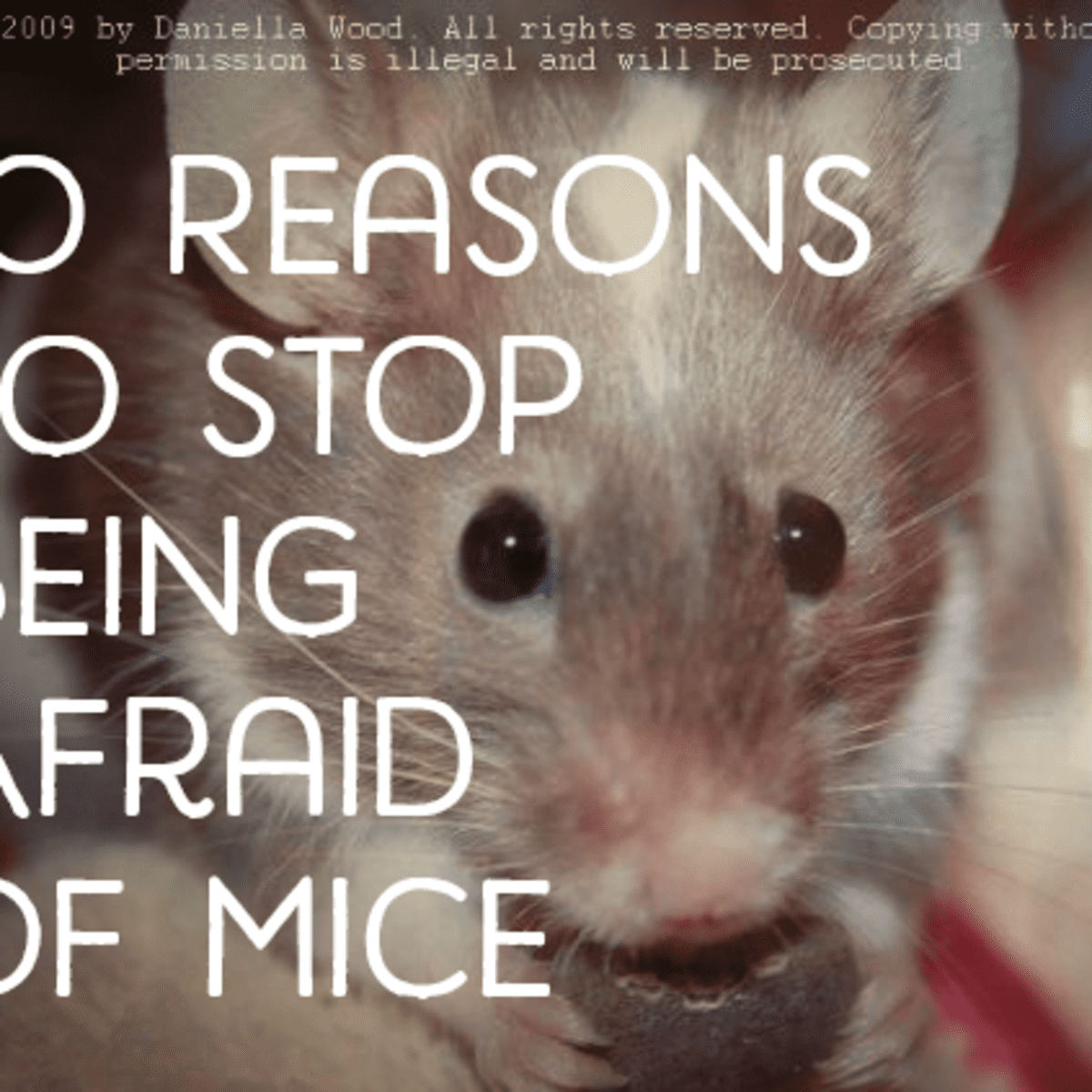

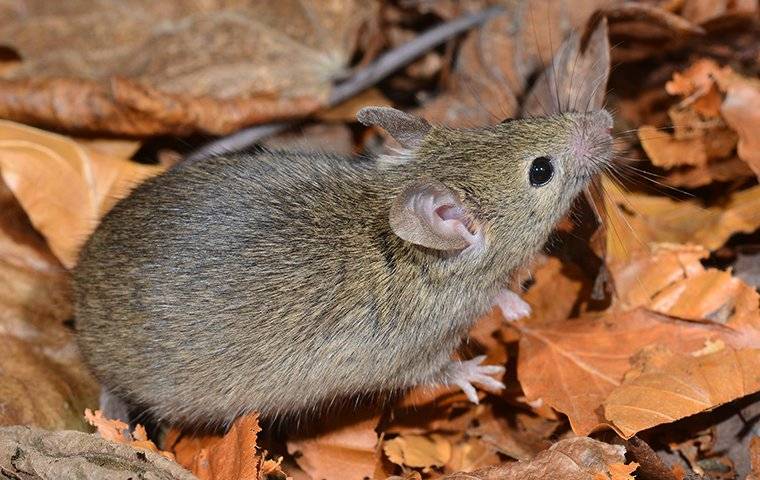








:fill(white)

